Madagascar
Schools and hotels in Madagascar are being transformed into hospitals as coronavirus cases surge on the Indian Ocean island.
The spike is most likely due to the South African variant, which has caused a second wave.
But as hospitals are overwhelmed, the makeshift treatment centres are also quickly getting full.
Hotels too are being used for the influx of patients as hospitals are overwhelmed.
"We came here yesterday and there were still places available but now it's almost full," said caretaker Narinda.
Madagascar's President was against Covid vaccines and stood by a locally made herbal infusion as a "cure".
Vaccine U-turn
But last week the country joined the Covax programme.
Madagascar President Andry Rajoelina was initially strongly against Covid vaccines and stood by a locally made herbal infusion as a cure.
But after fierce criticism, the government took a U-turn and signed up for the global Covax programme.
"We had discussions, exchanges with Malagasy scientists and then we decided to go for vaccination," said health minister Jean-Louis Rakotovao.
"This is another way to protect the population."
Herbal "cure"
The vaccination programme has yet to start and the government is still pushing its herbal infusion, which is based on the anti-malarial plant artemisia.
Dubbed Covid-Organics or CVO, it is sold in drink and capsule form and has been widely distributed to citizens.
Experts have cautioned against the brew, which has not been scientifically tested.
Madagascar, an island of around 27 million inhabitants, has recorded more than 24,600 coronavirus cases, including at least 433 deaths.




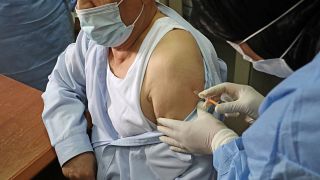
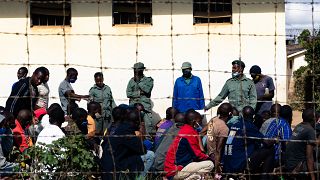
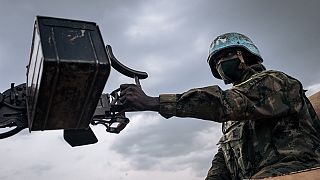
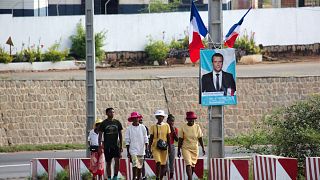
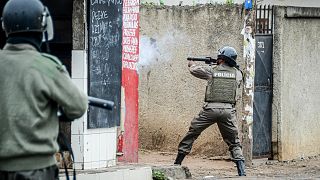
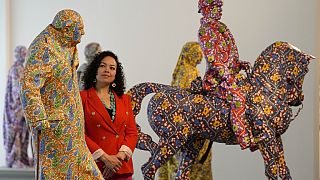



01:02
Madgascar's President in Paris to discuss disputed Indian Ocean islets
Go to video
Macron visits Madagascar as he seeks to bolster economic cooperation
Go to video
Moscow International Film Festival kicks off in Russian capital
11:22
Marking five years since COVID-19 was declared a pandemic
Go to video
Indian Ocean islands of Comoros, Madagascar and Mayotte are bracing for Cyclone Chido
01:40
Somali migrant boat accident survivors arrive home in Mogadishu